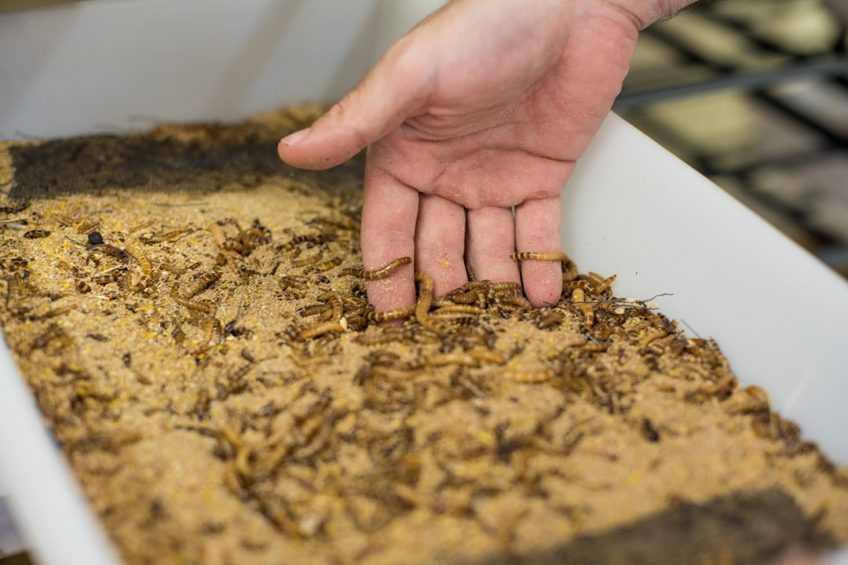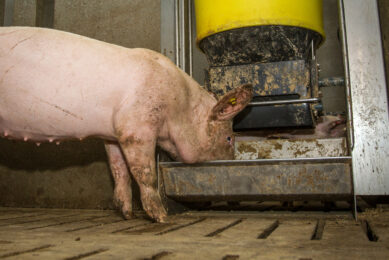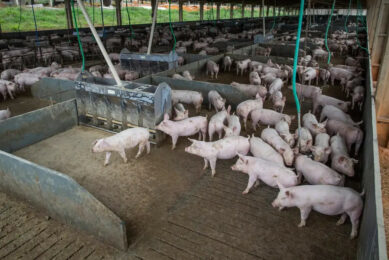Brazilian researchers focus on using insects in animal feed

Researchers in Brazil have also started to zoom in on the usage of insects as a suitable ingredient for animal diets. Scientists from Brazil’s Federal University of Minas Gerais (UFMG) recently proved that they present advantages in comparison to grains.
Their tests showed that crickets, black soldier flies and mealworms have similar protein digestibility levels to soy, and provide more lipids (between 10-35%), vitamins and minerals. Including insects is one of the strategies more widely investigated of late around the globe in an attempt to discover alternatives for the creation of sustainable animal feeding.
Research focused on quails, fish and pets
The PhD research by UFMG and the Brazilian Agricultural Research Corporation (Embrapa) has for now delved into the effect on quails, fish and pets. Results regarding the production species showed a better feed conversion and meat quality due to the insects’ lipid levels.
With regard to pigs, Diego Vicente da Costa, zoo-technician and professor at UFMG said that monogastric animals are insectivores and insects can have particular performance effects. He said, “The technical efficiency is no longer questionable. We are not re-inventing the wheel. Insects will provide good results, but we need to evaluate specific indicators.”

Read the interview with the insect entrepreneurs of Protix
Knowledge about insects fed to pigs
The university would like to include pigs in the research as well – and could do with any kind of support to make this happen. Knowledge about insects to feed pigs is available, Prof Da Costa said. Quoting existing studies, he said that cricket meal is palatable for growing piglets and more complete than a fishmeal based diet. Nutrient intake and feed conversion were 18% better for piglets fed a cricket meal based diet.
On top of that, a diet containing black soldier flies and larvae meal can replace soybeans and a supplementation of dried mealworm for up to 6% in weaner pig diets without any detrimental effect. Prof Da Costa said, “We will see pig production using lots of insects very soon. We, humans, as well. It’s just matter of time.”
Health and nutrition expert Edgar García Manzanilla recently also dived into future feed sources for pigs
Opportunities for insects in livestock feed in Brazil
He said the use of insects for feeding is technically viable but is for now not cost-effective in Brazil. Currently there is only small scale production which will not be able to meet the large demand from the poultry, pig and fish industries.
In Brazil, legislation is unclear at the moment, although animals do eat insects by nature. The Brazilian Ministry of Agriculture, Livestock and Supply has recently been previewing some specifics for ‘insect meal’ for animals.

In a 2014 report, the UN identified over 1,600 edible insects as an alternative for human and animal consumption. Apart from them having an impressive capacity for reproduction, insects provide high levels of protein, healthy fats, vitamins, minerals, iron and calcium. Among the most appreciated species are moths, beetles, mosquitoes, grasshoppers, crickets and ants.











